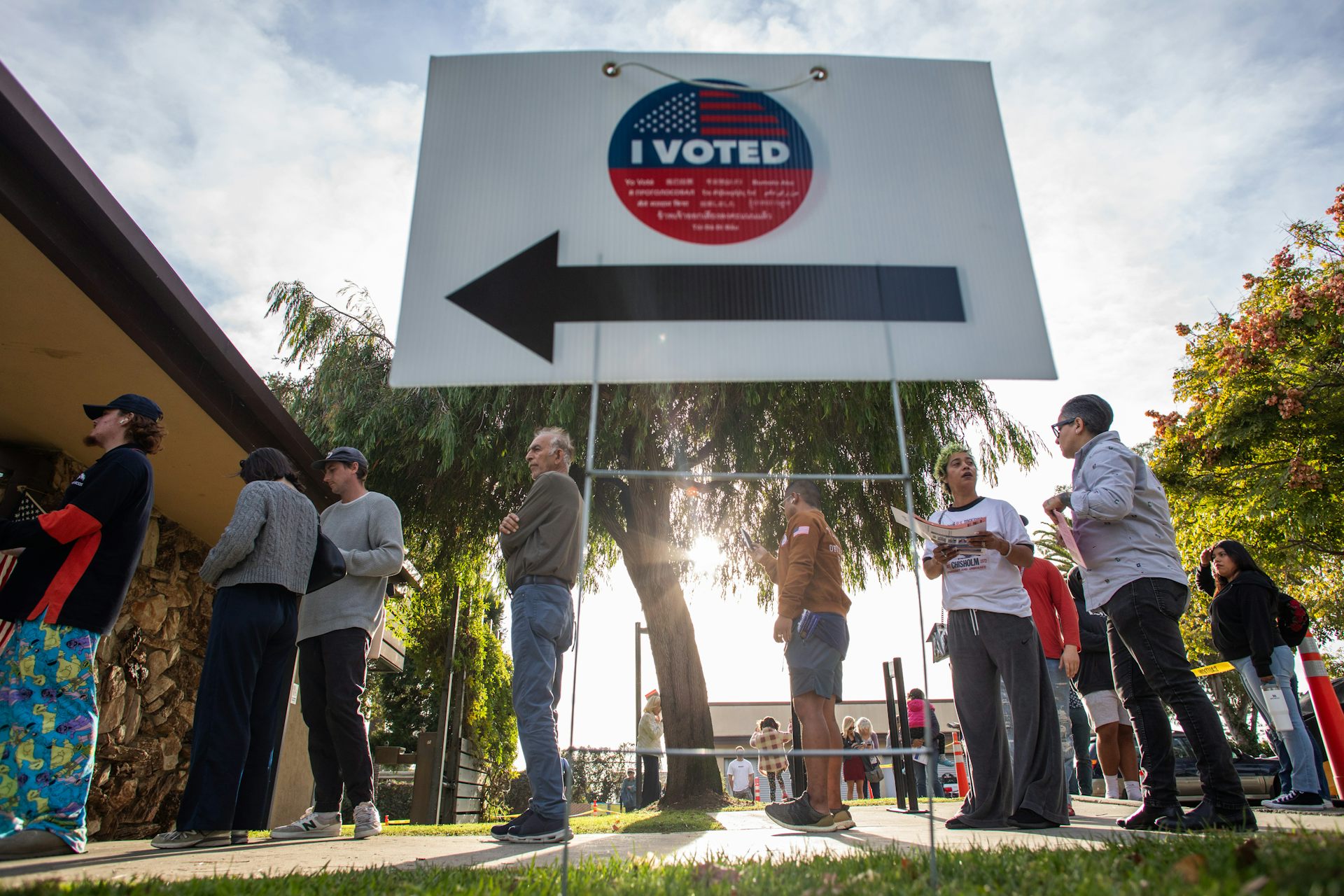From ‘mail-order brides’ to ‘passport bros,’ the international dating industry often sells tradition
At times of economic anxiety, ‘traditional’ gender roles often resurge – part of the appeal for men looking for brides abroad.

Fifteen years ago, when I started studying the international dating industry, few people took the subject seriously. The term “mail-order bride” was treated as a punch line – something outdated, associated with lonely men and poor women who migrated from Eastern Europe, Asia or other places to meet their new husbands in the United States.
But I’ve seen firsthand how ideas about gender, intimacy and global mobility have shifted. In 2025, a man going abroad to look for love might call himself a “passport bro” – and celebrate his lifestyle on TikTok.
This new generation of young men may have rebranded international dating, but they reflect an age-old theme. Social and economic changes shape how people negotiate love and labor across borders, as I explore in my 2025 book, “Economies of Gender.” In a chaotic world, some men and women turn to traditional gender roles as a source of seeming stability – and that often leads them abroad.
Old industry, new look
The term “mail-order bride” dates back to the 19th century, when so-called frontier brides advertised themselves in newspapers to single men in the American West. After the Civil War, when large numbers of men had died on the East Coast, some women saw migrating to the frontier to marry someone sight unseen as a way to secure stability. That narrative still lingers today in Western novels and films.
The modern international matchmaking industry, however, took shape in the 1970s, when catalogs of mostly Filipino women’s photos and addresses were sold to American men. After being pen pals, men would travel to the Philippines to meet and decide whether they wanted to get married. Some scholars consider this a form of human trafficking, but that has been challenged by other scholarship.
These catalogs emerged as more U.S. women were entering the workforce and earning their own money. Some men sought wives abroad who they believed would embody more traditional values – prioritizing domestic work and devoting themselves to men and children.
Over the next few decades, large numbers of stable, well-paying factory jobs disappeared, further challenging some men’s view of themselves as breadwinners.
By 2010, the catalog system had moved online and expanded into a global industry that generated US$2 billion dollars per year. Today, it takes many forms. Most of the industry is online, with email and chat correspondence that charges men but not women. Some agencies provide in-person tours for male clients, and there are higher-end, more personalized matchmaking services as well.
From taboo to televised
What was once stigmatized has become more normalized through reality TV. TLC’s hit series “90 Day Fiance,” which came on air in 2014, has transformed international dating into a lucrative entertainment franchise.

The show and its numerous spin-offs show couples navigating the K-1 visa process, which gives 90 days to marry after a partner enters the country. If the wedding is called off, the foreign fiance or fiancee must return to their country of origin.
Many of the featured couples met randomly, in person. A significant number, however, connected through online dating or language-learning sites. Numerous couples’ storylines highlight family and friends of the American partner who question the girlfriend’s or boyfriend’s motives, accusing them of faking love for financial gain and access to a green card.
Audiences might watch the show for drama or love stories, but the underlying themes mirror what I’ve seen in the field: relationships shaped by economic inequality and migration, with women often exchanging emotional, domestic and sexual labor in return for financial stability.
Rise of the ‘passport bros’
In recent years, the mail-order bride industry has gotten a cultural revamp, with younger and more diverse men who identify as “passport bros.” This crowd is typically younger than men participating in the commercial international dating industry and more likely to identify as men of color.
These men are less likely to pay for formal dating and introduction services. They travel on their own, using free dating apps such as Tinder to meet local women – mostly in Colombia, Brazil and the Dominican Republic.
Passport bros say they travel abroad to meet women who are more traditional than the ones they meet at home. Many of the American men I interviewed between 2010 and 2022 talked about Western women as too focused on career, which challenged their idea of themselves as financial providers.

Similarly, my research in Ukraine, Colombia and the Philippines shows that many men using international dating services are motivated by more than just love or cultural curiosity. They are responding to a changing world in which women’s financial independence has challenged traditional male roles. For some, traveling abroad is a way to reassert control and to find relationships that reaffirm a sense of masculine identity.
In my interviews, American men looking abroad talked about feeling empowered and having choices, while being ignored in the U.S. dating market. Some recognized that their relative wealth is the cause of this. As one man on a romance tour in Ukraine told me in 2012, “I am here to exchange my financial stability for some Ukrainian woman’s youth and beauty, and I am OK with that.”
Appeal of ‘tradition’
Together, many of these daters illustrate the global pattern I’ve seen across my years of fieldwork: anxiety fuels a longing for traditionalism.
What appears to be a return to the past is, in reality, an adaptation to the present. The romance tours, the “90 Day Fiance” phenomenon and the passport bros speak to how people use relationships to navigate the economic instability of the modern world. Gender roles become a way to reestablish order and identity.
In the past two decades, rising inflation, stagnant wages and housing shortages have left many people, especially younger generations, feeling economically trapped. The COVID-19 pandemic deepened these inequalities, forcing millions out of the workforce and amplifying the strain of unpaid caregiving, particularly for women.
In times of uncertainty, societies often retreat to familiar narratives. Traditional gender roles offer an illusion of stability and order, even if they reinforce inequality. The fantasy of the dependable male provider and the nurturing homemaker resurfaces because it seems to resolve anxieties that the modern economy has made harder to bear.
As a sociologist, I study these dynamics not just to understand dating trends but to trace how societies reproduce inequality through intimacy. Until our society addresses stagnant wages, rising costs and the erosion of social safety nets, I believe nostalgia for a clear, gendered hierarchy will continue. In this hierarchy, men are guaranteed women’s labor, and women hold out hope for economic security – which is often seen as romance.
Julia Meszaros receives funding from East Texas A&M and Florida International University to support her research. She volunteers for the nonprofit organization RISE Travel Institute.
Read These Next
The intensity and perfectionism that drive Olympic athletes also put them at high risk for eating di
Athletes in sports where weight and body image come into play, such as figure skating and wrestling,…
OpenAI has deleted the word ‘safely’ from its mission – and its new structure is a test for whether
OpenAI’s restructuring may serve as a test case for how society oversees the work of organizations…
Counter-drone technologies are evolving – but there’s no surefire way to defend against drone attack
Companies are selling a range of anti-drone devices, from guns that fire nets to powerful laser weapons,…






